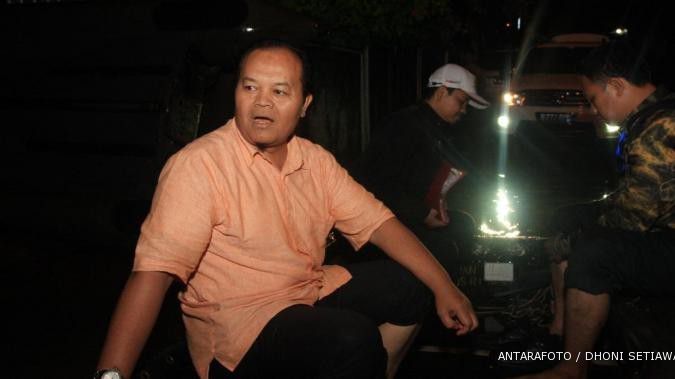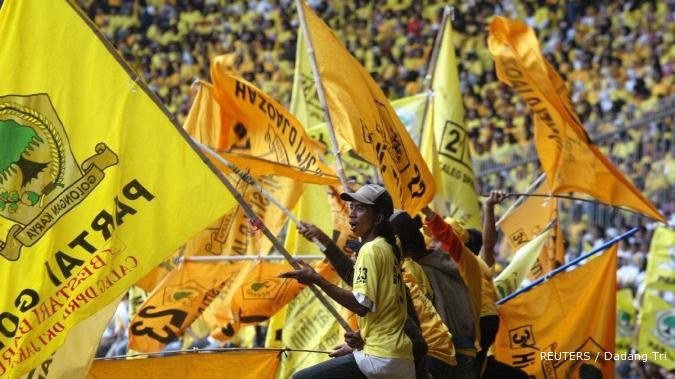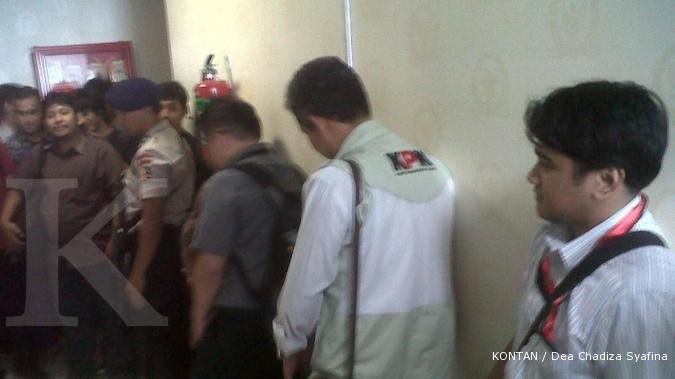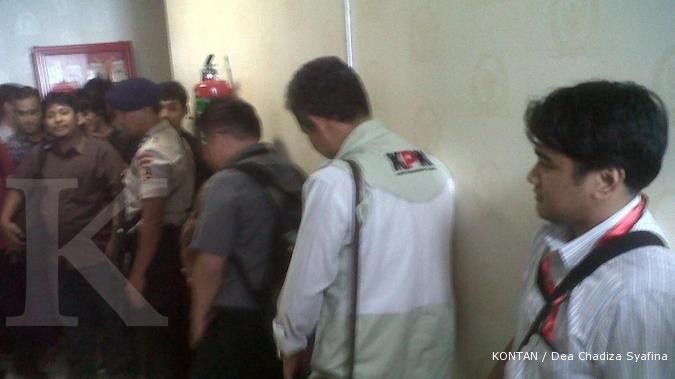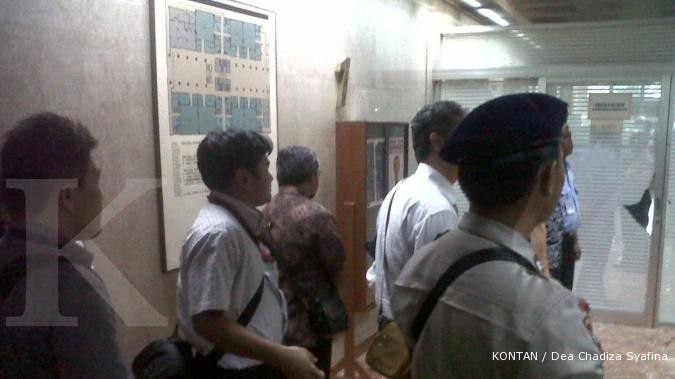JAKARTA. Corruption Eradication Commission (KPK) investigators need to show the public that recent investigations into graft cases allegedly involving the country’s top politicians are free from political pressure, analysts say.
While the public still views the KPK as being on the right track in combating corruption, some speculate that the antigraft body can be influenced by certain political groups.
“The KPK just needs to do more and talk less. The more they reveal cases, particularly big cases, the public would respect them even more,” Indo Barometer executive director Muhammad Qodari told The Jakarta Post on Saturday.
For the past few months, the KPK has been investigating graft cases allegedly involving politicians from President Susilo Bambang Yudhoyono’s Democratic Party.
In April, the KPK detained party lawmaker Angelina Sondakh for her role in a bribery scandal involving the construction of the SEA Games’ athletes’ village in South Sumatra.
Angelina, a former beauty queen, is currently in KPK custody.
The antigraft body also questioned other party officials, such as party chairman Anas Urbaningrum and Youth and Sports Minister Andi Mallarangeng.
Former party treasurer Muhammad Nazaruddin was convicted of receiving Rp 4.6 billion (US$506,000) in illegal gratuities.
On Friday, as the Golkar Party wrapped up its leadership meeting in Bogor, West Java, the KPK named one of its politicians a suspect in a graft scandal and questioned two others in connection with a separate corruption case.
Golkar lawmaker Zulkarnaen Djabar was declared a suspect as party leaders assembled to support the nomination of chairman Aburizal Bakrie as the party’s presidential candidate.
KPK investigators raided Zulkarnaen’s office at the House of Representatives (DPR). The commission also summoned the chairman of Golkar’s House faction, Setya Novanto, and fellow lawmaker Kahar Muzakir as witnesses in a
bribery case surrounding the National Games (PON).
Speculation has surfaced that the KPK’s swing from investigating graft scandals allegedly involving Democratic Party to inquiries involving Golkar politicians is a result of political pressures.
Qodari said, however, graft cases were always close to positions of power in both the government and the legislature. Because the Democratic Party and Golkar were currently in those positions, he said, it was normal for the KPK to focus on them.
“So, such speculation is too early. Only one party official had been named a suspect, and the other is still a witness. Let’s just wait and see what happens next and not jump to conclusions just yet,” he said.
Qodari, however, expressed concerns that the KPK was too slow in handling the cases involving Anas Urbaningrum and Andi.
“I’d say the Commission should have already named suspects in their cases, unlike Nazaruddin’s case, which is clearly bigger,” he said.
Indonesian Corruption Watch (ICW), a local corruption watchdog, echoed Qodari’s sentiments, saying that the supposed shift in the KPK’s investigative focus was more of a coincidence.
“That speculation is too far [from reality]. What the KPK did was all about the evidence that they have gathered. I find it to be more of a coincidence,” said Emerson Yuntho of ICW, referring to the coincidence between the timing of the Golkar leadership conference and the KPK’s investigation into Golkar politicians.
Emerson said that Golkar should instead thank the KPK for its findings because it would help the party to clean out corrupters within the party.
Emerson went on to suggest that the public wanted the KPK do its homework, and continue investigations into the controversial Bank Century bailout, the use of Bank Indonesia liquidity support (BLBI) and many more nearly forgotten cases. (The Jakarta Post)
KPK urged to show independence
July 01, 2012, 05.10 PM
/2012/07/01/1158503719.jpg)
ILUSTRASI. Teknologi. REUTERS/Benoit Tessier
Reporter: Dyah Megasari
| Editor:
Latest News
-
February 24, 2026, 03.38 PM
Eni to Reach Final Investment Decision for Indonesia Gas Projects Next Month
-
February 24, 2026, 01.00 PM
Asia Stocks Try to Steady after Wall Street Selloff Sims Mood
-
February 23, 2026, 04.50 PM
Wall Street Futures and Dollar Slide on Trump Tariff Tumult
-
February 23, 2026, 02.17 PM
Indonesia's Government Spending Jumps 26% in January 2026
-
February 23, 2026, 01.47 PM
Indonesia's Government Spending Jumps 26% in January
-
February 21, 2026, 06.00 AM
Indonesia's Pertamina to Maintain Bidding Process for US Energy Imports
-
February 20, 2026, 01.23 PM
Indonesia Secures 19% Tariff Deal with US, Palm Oil and Other Commodities Exempt
-
February 20, 2026, 08.33 AM
Indonesia, US Sign Agreement on Reciprocal Trade, Indonesian Ministry Says
-
February 19, 2026, 08.12 AM
Indonesia, Freeport Units Sign MoU to Extend Mining Permit beyond 2041
